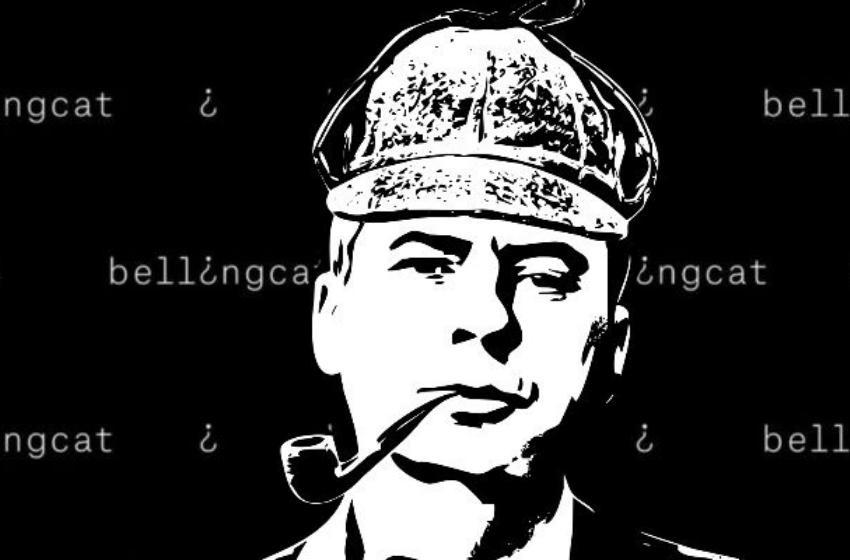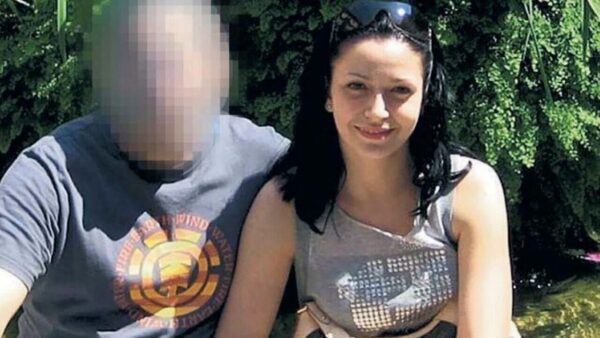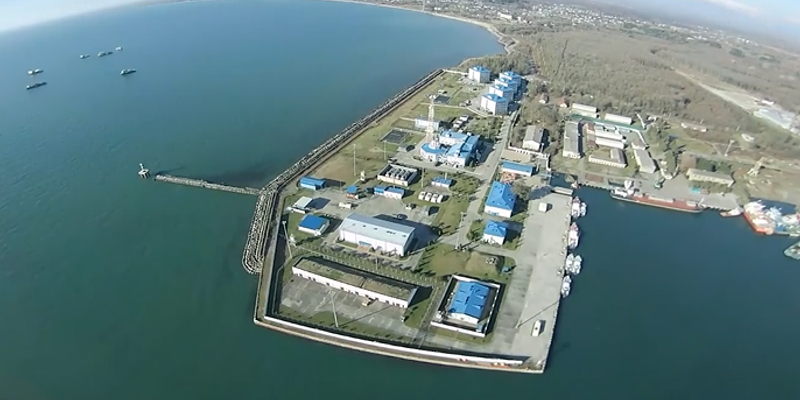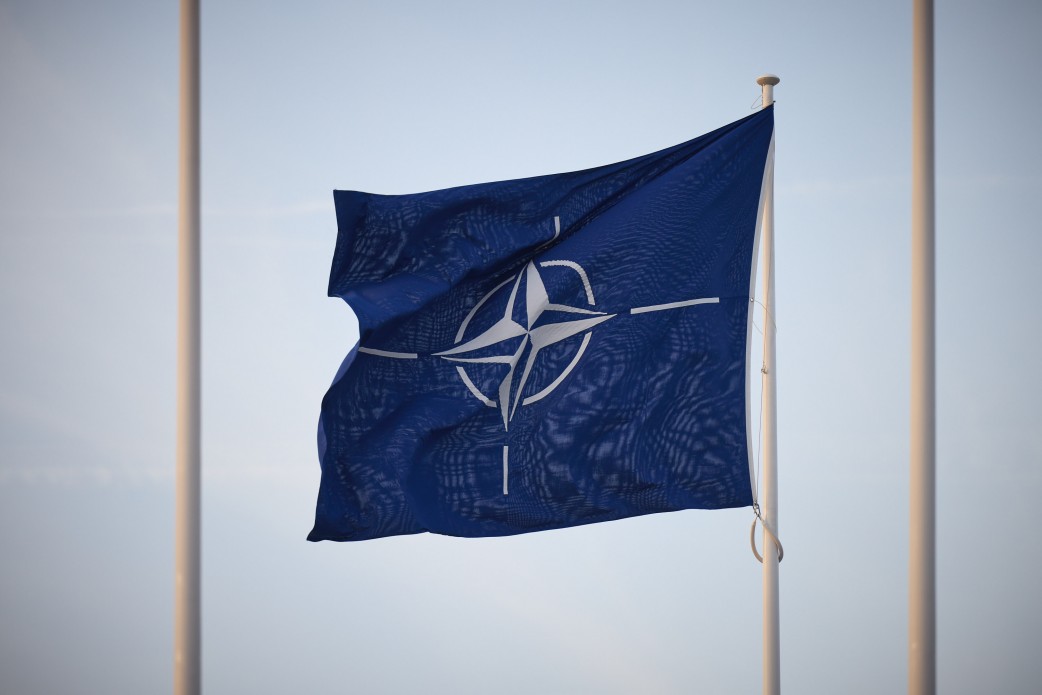Russian special services are losing the confidence of dictator Vladimir Putin: about 120 officers from the FSB 5th Service and up to 40 from the GRU (Main Directorate of the General Staff of the Russian Federation) worked against Ukraine, but their forecasts turned out to be an illusion. Christo Grozev, an investigative journalist at Bellingcat, spoke about this in a commentary to LIGA.net. For several years he has been investigating the activities and crimes of the Russian special services.
According to him, the scale of FSB recruitment was "industrial": more than 120 officers were recruiting and supervising agents. If each "led" 5-10 agents, then "it can be assumed that more than 1,000 Ukrainian agents of influence were registered with the fifth service."
Based on these relations, the fifth service of the FSB wrote a strategy for Putin about seizing power from within, about the need and sufficiency of a military invasion in the blitzkrieg format: "They also reported on the political instability of power and the increase in protest moods in Ukraine and on the readiness of a significant part of society to accept or, at least, reconcile with the new power brought from Moscow."
The GRU developed a parallel network of agents, Grozev says.
“There were up to 40 people in the GRU who worked exclusively in the Ukrainian direction,†Grozev believes. “But there is no clear division of work as in the FSB, and they are transferred from one project to another as urgent tasks arise. For example, department 29155 – about 50 people, previously engaged mainly in sabotage and murder in Europe - is now only engaged in Ukraine. Most likely, the same with other departments."
Grozev clarifies that up to 100-300 agents were under the GRU.
"At the beginning of the war, the vast majority of these agents of influence did not cooperate directly with their handlers," he says.
Grozev talks about the case when the GRU kidnapped and executed in the Russian Federation at a military training ground in Senezh near Moscow its renegade agent from the SBU - and in public so that rumors about the execution would spread and serve as a warning to others. Grozev did not name this agent.
“Concerning the Foreign Intelligence Service, I don’t have any details, but their role in inadequate forecasting of the reaction to the aggression of the world community was definitely decisive … There is an indication that trust in Naryshkin has been lost,†the investigator is sure.
The process of losing Putin's confidence in the FSB's fifth service is irreversible, and their role is now minimal, Grozev says. The GRU did not have such an information gap because "their role has been increased in recent months." "There is a situation mirroring the war of 2014, when the FSB won Putin's trust from the GRU after the invasion of Donbas began."





















